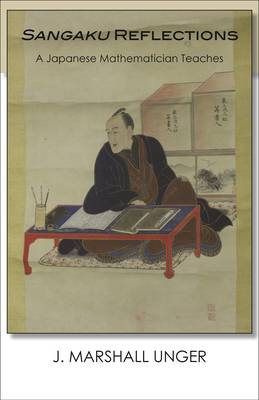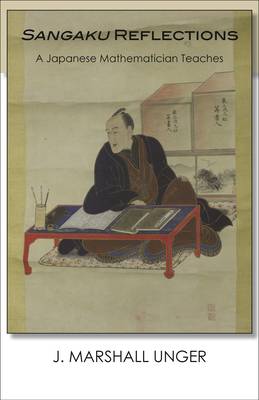
Je cadeautjes zeker op tijd in huis hebben voor de feestdagen? Kom langs in onze winkels en vind het perfecte geschenk!
- Afhalen na 1 uur in een winkel met voorraad
- Gratis thuislevering in België vanaf € 30
- Ruim aanbod met 7 miljoen producten
Je cadeautjes zeker op tijd in huis hebben voor de feestdagen? Kom langs in onze winkels en vind het perfecte geschenk!
- Afhalen na 1 uur in een winkel met voorraad
- Gratis thuislevering in België vanaf € 30
- Ruim aanbod met 7 miljoen producten
Zoeken
Omschrijving
During the period of national isolation, a mathematical tradition called wasan flourished in Japan. Though virtually unknown to Europeans before the Meiji Restoration, its practitioners, the wasanka, produced some results comparable to (and sometimes in advance of) those of mathematicians of the European Enlightment. This volume, a companion to Unger's earlier translation of solutions by Aida Yasuaki (1747-1817), focuses on problems that Aida most likely used as a teacher. Unger explains the reasons for believing this, and sheds further light on the intellectual milieu in which Aida worked by discussing other books by Aida, including one in which he describes Dutch techniques of navigation.
Specificaties
Betrokkenen
- Auteur(s):
- Uitgeverij:
Inhoud
- Aantal bladzijden:
- 112
- Taal:
- Engels
- Reeks:
Eigenschappen
- Productcode (EAN):
- 9781939161697
- Verschijningsdatum:
- 31/05/2018
- Uitvoering:
- Hardcover
- Formaat:
- Genaaid
- Afmetingen:
- 147 mm x 218 mm
- Gewicht:
- 226 g

Alleen bij Standaard Boekhandel
+ 69 punten op je klantenkaart van Standaard Boekhandel
Beoordelingen
We publiceren alleen reviews die voldoen aan de voorwaarden voor reviews. Bekijk onze voorwaarden voor reviews.









